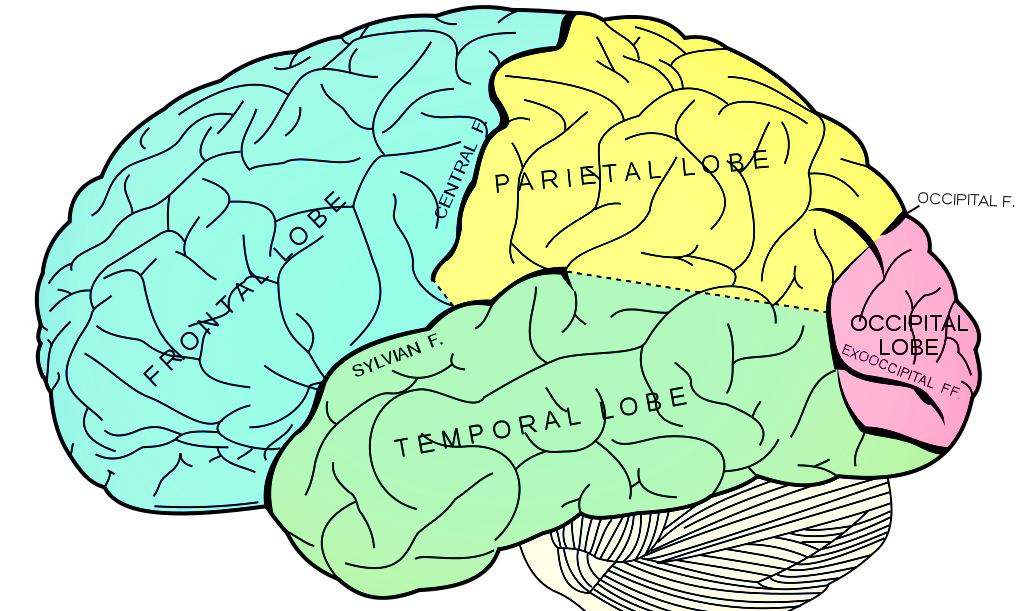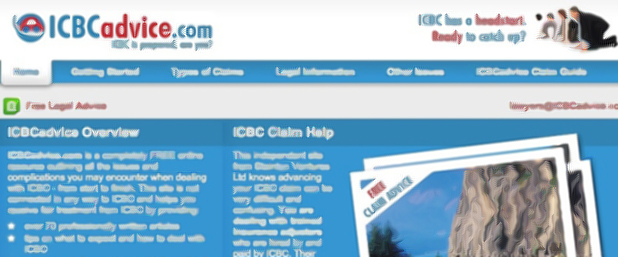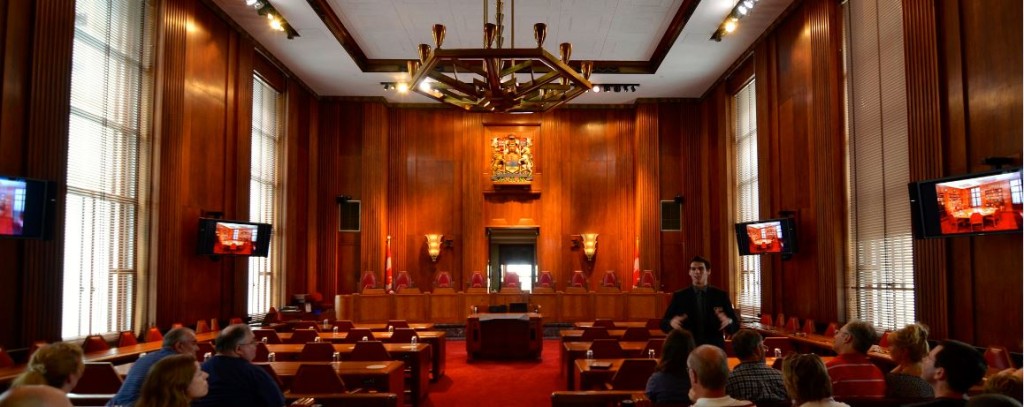The Perils of Using Social Media During an ICBC Injury Claim
Posted on by Mussio Goodman
Mussio Goodman Advises Clients to Be Aware of What they Put on Social Media that May Affect Their Claim
We have long advised our clients to be careful about what they post on social media while in the midst of an injury claim. The reason is that we know ICBC’s adjusters and defence lawyers will review social media posts to see whether an injured person’s claims are supported by their behaviour on social media websites such as Facebook, Instagram, and Twitter.
A recent decision of the British Columbia Supreme Court highlights the importance of this advice.
In Tambosso v. Holmes, the plaintiff was involved in two car accidents, and her claim for damages arising for her injuries went to trial. She made a claim for her physical symptoms, but her most significant claims were for psychological injuries.
The trial judge found that while the plaintiff suffered some injuries, many of her claims about both her physical and psychological injuries were fabricated and she was not a credible witness. In coming to his conclusion about the plaintiff’s credibility, the trial judge relied heavily on entries from the plaintiff’s Facebook page.
The trial judge found that, “[t]hroughout her evidence, the plaintiff testified that as a result of the PTSD and stress suffered as a result of the aftermath of the 2008 accident, her life completely changed…
However, he went to state that, “[o]ne hundred and ninety-four pages of Facebook entries from [the plaintiff’s Facebook page…were entered in evidence… There are extensive status updates, photographs, and other posts…that at face value appear to directly contradict her evidence regarding her alleged injuries, and her state of mind following [the accident].”
The trial judge examined status updates, photographs, and public messages between the plaintiff and her friends. In drawing extremely negative conclusions about the plaintiff’s credibility, the judge concluded his social media analysis as follows:
[174] I conclude that based on this Facebook evidence, in particular the photos of continued attendance at social events and posts from friends, that the plaintiff had a very active social life following the 2008 and 2010 accidents. The social life portrayed by her Facebook profile is consistent with the social life of someone who went through three engagements, the birth of a child, and a marriage. It is completely inconsistent with the evidence the plaintiff gave at trial and to the experts that she was a “homebody” whose “life sucked” and “only had friends on the internet”.
The lesson that should be taken from this case is the importance of minimizing your social media presence while in the midst of claim for personal injuries, because even if you are a completely honest and credible person, a seemingly innocent social media post could be used against you by ICBC.



